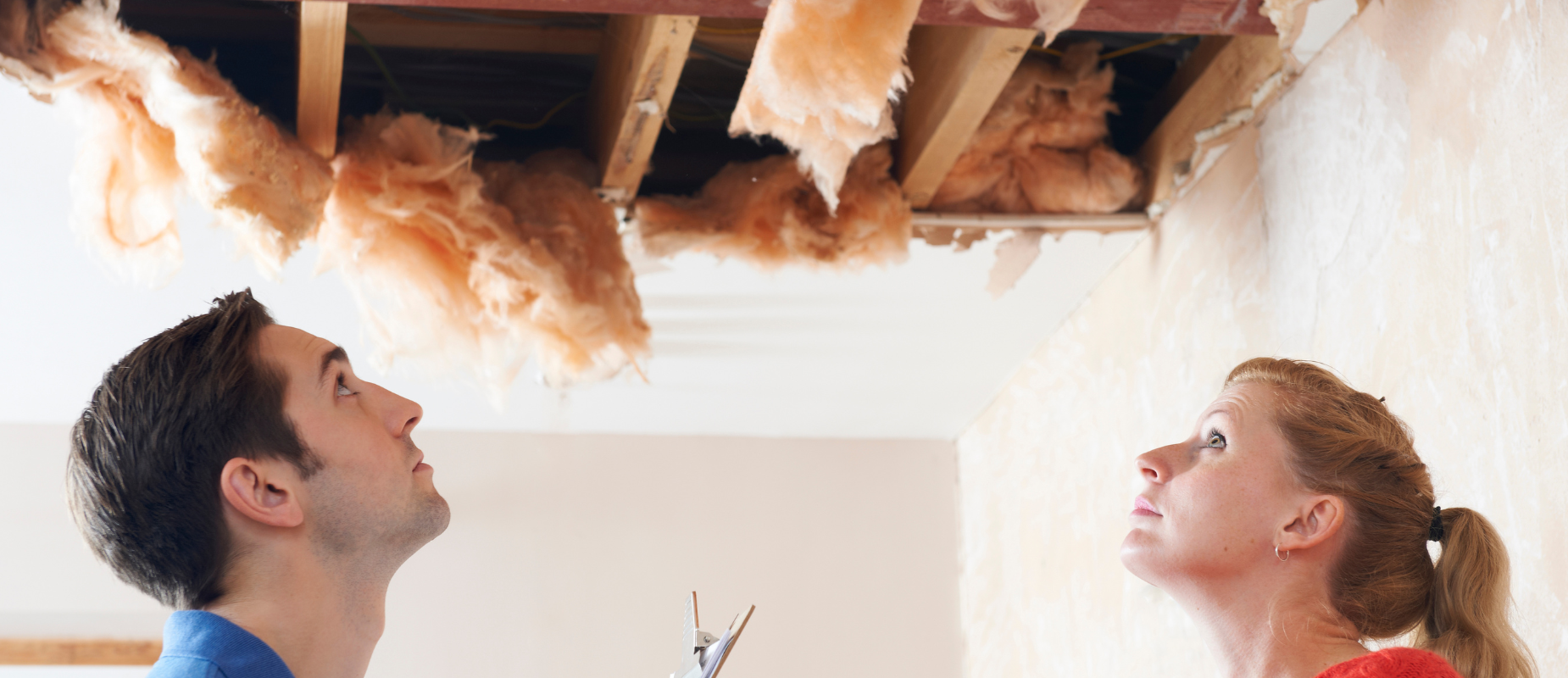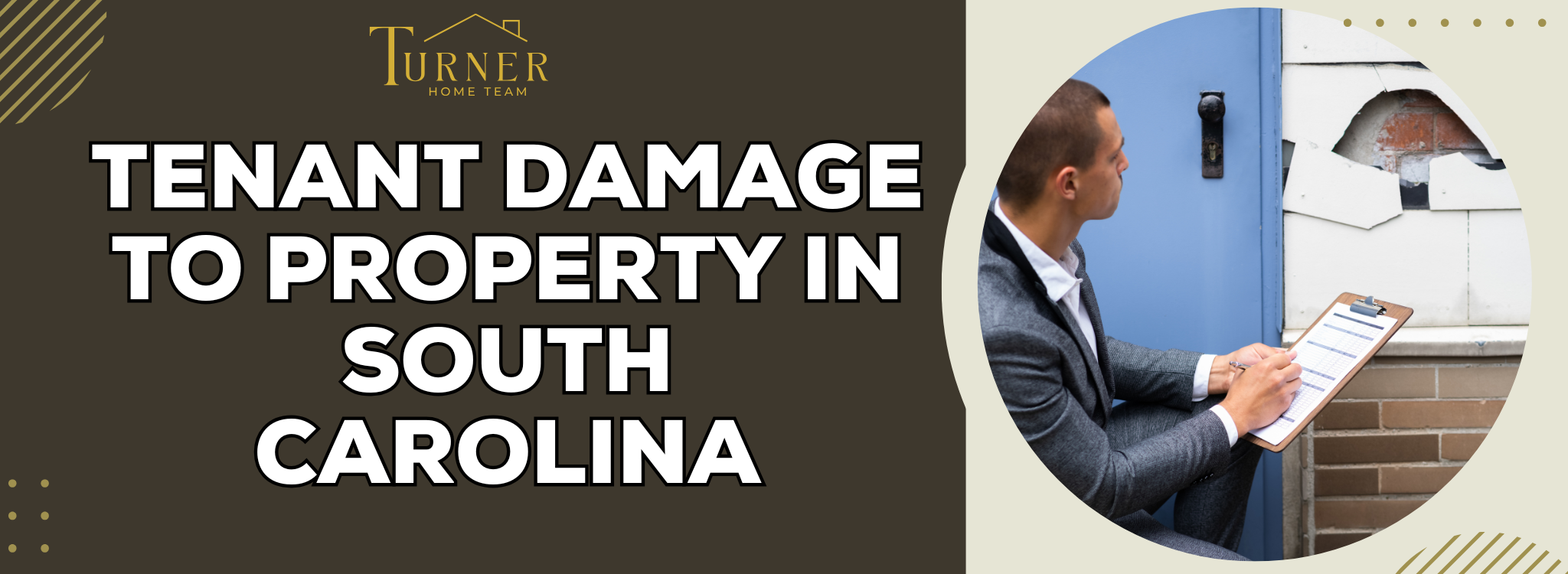
What Are the Legal Implications of Tenant Damage in South Carolina?
Landowners must understand their legal responsibilities when tenant damage happens in South Carolina. Understanding property damage responsibility is critical for successfully navigating landlord-tenant laws.
Understanding South Carolina’s Laws on Property Damage by Tenants
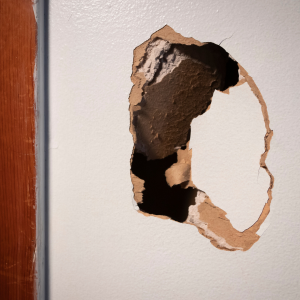
Tenants in South Carolina are responsible for keeping the property in good condition and preventing damage. Landlords in South Carolina can take legal action against tenants who cause significant damage. This could result in a tenant-landlord conflict, where understanding property damage liability is critical.
How Does the Lease Agreement Influence Legal Actions?
The lease agreement is critical in clarifying tenant responsibilities and potential landlord actions. In South Carolina, lease breaches, such as causing tenant damage, impact legal procedures. A thorough rental agreement outlines tenants’ legal rights and handles landlord negligence claims. Both parties should be fully aware of the terms.
When Is a Landlord Entitled to Deduct from a Security Deposit?
Security deposits frequently become a source of conflict. Landlords in South Carolina can deduct legitimate property damage. They should meticulously document repair costs before deducting money from a tenant’s deposit. Understanding security deposit deductions helps you comply with South Carolina housing laws and ensure proper tenant deposit returns.
Can Tenant Damage Affect Landlord’s Insurance Policy?
Tenant damage can impact a landlord’s insurance policy. Rental property insurance in South Carolina might cover some damages, but knowing the specifics of your coverage is essential.
Types of Insurance Coverage for Rental Property in South Carolina
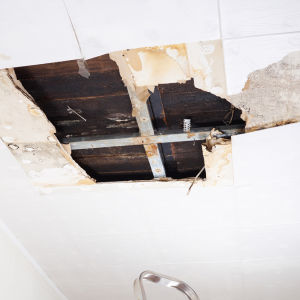
Insurance coverage usually includes structural damage and liability risks. It may also cover damage caused by tenants. Landlords should carefully analyze their options, considering their duties and property management responsibilities in South Carolina.
What Happens When Insurance Claims Are Filed for Tenant Damage?
Filing an insurance claim for tenant damage can be complicated. Landlords require documentation that the damage is consistent with the coverage terms. The consequences may affect repair responsibilities and future insurance prices. In South Carolina, dealing with rental damages necessitates a thorough understanding of real estate law and sufficient paperwork.
How Can Effective Communication Prevent Tenant Damage?
It’s important to communicate clearly to prevent property damage caused by tenants. Landlords can make things easier for everyone by being clear about what is expected of them and what their responsibilities are. The lease deal should have clear language about what the tenant is responsible for. This helps ensure that everyone knows what their duties are. Awareness of South Carolina’s housing rules clarifies these duties and helps keep disagreements at bay.
Keep the lines of communication open by checking in with renters often and answering their questions quickly. This proactive method helps find problems early on before they get too big. Getting to know your tenants well will make them more likely to report repair issues or damage right away, which will help you fix the problem quickly.
What Role Does a Move-In Checklist Play in Avoiding Disputes?
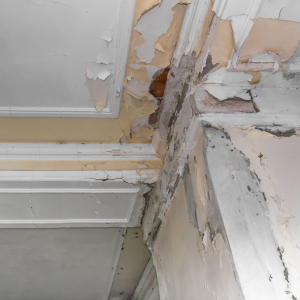
A move-in plan keeps landlords and tenants from fighting in South Carolina. A full inspection of the property and writing down its state at the beginning of the rental agreement helps everyone understand any problems before the lease starts. This detailed report on the property’s state can be used as a guide for future inspections and helps determine how much damage the tenant caused to the property during the lease term.
When you make a move-in checklist, you must write down everything about the house, from the walls and floors to the tools and fixtures. Include the tenant in the inspection to ensure everyone is on the same page about the state of the property. Note any damage already there and agree on what needs to be fixed to avoid future disagreements.
Keeping records of inspections and conversations with renters helps keep rental properties in good shape and settles claims quickly by giving clear proof if a dispute arises.
By using these tips, landlords can prevent their properties from being damaged by renters and improve the experience for everyone.
Why Is Regular Property Inspection Crucial for Landlords?
Regular property inspections are essential for effective property management, especially in South Carolina. These inspections help landlords maintain the property’s condition and comply with legal requirements. Conducting regular property inspections not only protects your investment but also fulfills landlord duties in South Carolina. Additionally, consistent inspections play a significant role in SC maintenance of rental property.
- Scheduling and Conducting Routine Inspections
- How do you Document Findings and Communicate with Tenants?
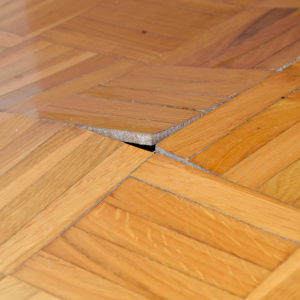
What Are the Best Practices for Tenant Screening in South Carolina?
Tenant screening in SC is vital for maintaining a harmonious rental relationship and protecting your property. South Carolina’s landlord tenant laws SC outline specific guidelines for the screening process. Knowing tenants’ legal rights is important for landlords to conduct screenings ethically and legally.
- Important Criteria for Evaluating Potential Tenants
- How Does Tenant Background Check Impact Property Management?
How to Handle a Tenant Refusing to Pay for Damages?
If you’re a South Carolina landlord dealing with tenant damage, you must understand the actions and legal choices available. Begin by thoroughly documenting the damaged areas. Take clear images, make thorough descriptions, and collect any proof that supports your claim.
After collecting the paperwork, speak directly with the tenant. Approach them professionally and give evidence of their responsibility for the damages. If they admit the problem but refuse to pay, write a formal demand letter. This letter should explain the cost of repairs and the repercussions of nonpayment.
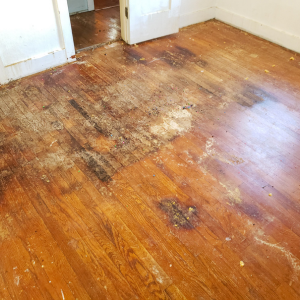
Steps to Take When Negotiations Fail
Knowing your legal obligations as a South Carolina landlord is crucial when discussions fail. You may be entitled to deduct repair costs from the tenant’s security deposit, but you must follow South Carolina housing laws. Inform the tenant in writing of any deductions. If the tenant does not react, consider legal action.
Consult a legal professional about filing a claim in small claims court SC or initiating eviction procedures. Knowing your rights will allow you to respond more effectively in these situations.
Legal Recourse Available to Landlords in South Carolina
South Carolina landlords have several legal options when dealing with tenant-caused damages. You can take landlord legal action SC, including filing a case in small claims court SC. This process lets you seek compensation without high legal fees.
Understand tenant eviction reasons SC, as this knowledge can affect your decision to evict a tenant. Being aware of your legal rights will help protect your interests and property.
What Resources Are Available for South Carolina Landlords?
Owning a rental property in South Carolina can be challenging, but using available resources can help. Join local associations that support property owners. These groups offer guidance on South Carolina real estate law and educational resources.
Attend workshops and seminars for landlord support to learn about handling difficult tenants and property management best practices.
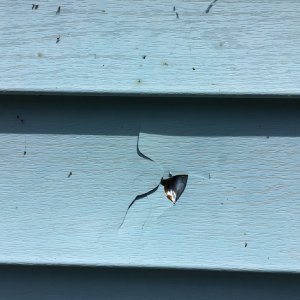
Local Associations and Support Networks for Landlords
South Carolina landlords can greatly benefit from joining local associations and support networks. These organizations assist with South Carolina real estate law and landlord-tenant issues.
Engaging with these groups connects you with other property owners facing similar challenges. Sharing experiences can lead to innovative solutions and better support.
How to Leverage Professional Property Management Services?
Professional property management services in South Carolina help landlords maintain their rental properties without daily involvement. These services cover tenant screening, rent collection, and maintenance management.
Partnering with a property management company reduces the risk of tenant disputes and streamlines operations. This lets landlords focus on other aspects of their investments, knowing their properties are well-managed.
How Do State Laws Affect Landlord Responsibilities?
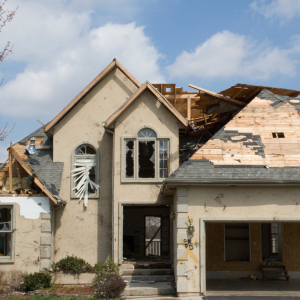
Understanding state laws is vital for landlords in South Carolina. Under South Carolina housing laws, landlords have specific responsibilities outlined in the state’s Landlord-Tenant Act. These include providing tenants with a safe and livable environment, addressing repair needs swiftly, and complying with health and safety codes.
According to South Carolina’s Landlord-Tenant Act, landlords must ensure that rental properties are suitable for living and make necessary repairs promptly. Ignoring these landlord duties can result in legal issues and penalties. Landlords should also understand the rules about repair costs in South Carolina. Typically, landlords cover repairs affecting habitability, while tenants pay for damage caused by misuse or negligence.
Proper property management in South Carolina means keeping updated on any legal changes. By knowing and meeting their obligations under landlord-tenant laws SC, landlords can reduce legal risks and maintain good tenant relationships.
What Are Proactive Steps to Minimize Property Damage Risks?
Reducing property damage risks involves proactive steps for tenant damage prevention in South Carolina. Creating a rental property maintenance plan is key. Regular inspections and timely repairs help prevent serious wear and tear, ensuring the property’s longevity.
Here are several steps for proper property care and maintenance:
- Create a Preventive Maintenance Plan: Schedule regular inspections and maintenance to tackle potential issues early. Check plumbing, electrical, and HVAC systems routinely.
- Educate Tenants: Give tenants guidelines on property upkeep. Encourage them to report maintenance issues quickly and teach them what normal wear and tear looks like in South Carolina.
- Use Quality Materials: Choose durable materials and fixtures that withstand use, reducing frequent replacements or repairs.
- Implement Clear Policies: Set clear rules on tenant responsibilities and property care. Include expectations for cleanliness, notifying for repairs, and handling minor maintenance tasks.
By taking these steps, landlords can effectively manage tenant property damage risks and keep their rental properties in excellent shape. For more resources on property management, consider seeking advice from professional services like Turner Home Team.
If you’re looking to sell a house in South Carolina, this guide is packed with valuable insights to help you navigate the process smoothly. Whether you’re in Charleston, Myrtle Beach, Socastee, or any nearby area, the tips and strategies shared here are designed to make your experience easier. At Turner Home Team, we specialize in helping homeowners sell quickly and hassle-free. If you need personalized assistance or have specific questions, don’t hesitate to Contact Us at (252) 525-4780. We’re here to help every step of the way!
Get Your Offer Now!
START HERE: We buy properties in ANY CONDITION.

